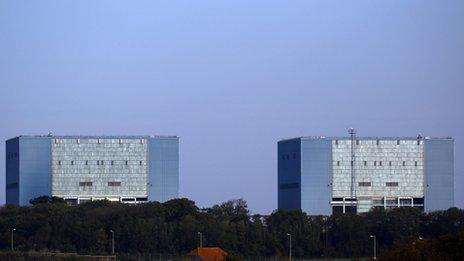Hinkley Point: Somerset economy poised for boost
- Published
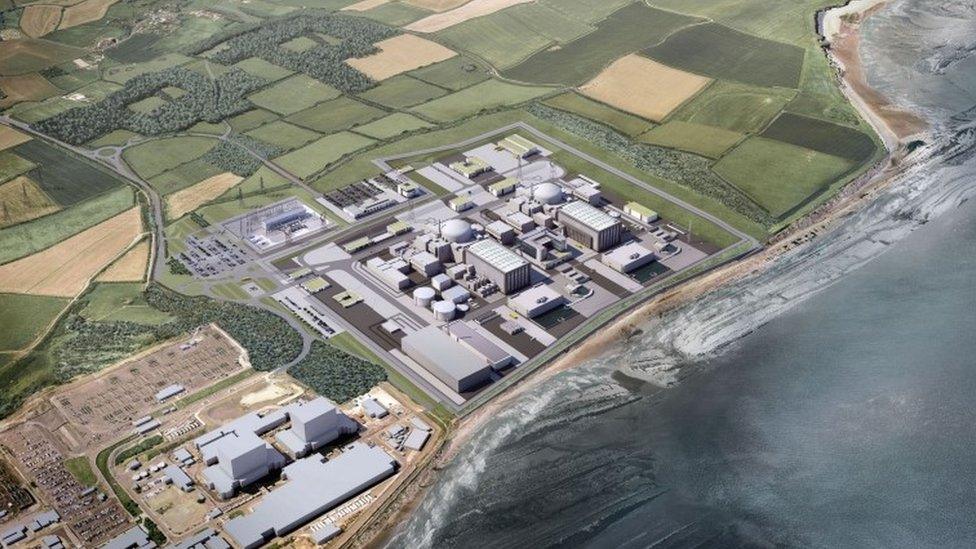
Artist's impression of Hinkley Point C building proposals
The final decision over building a new £18bn nuclear power plant at Hinkley Point in Somerset has been five years in the making. Now the EDF board has voted yes, thousands of firms in the West Country are hoping to reap the benefits.
So far £250m of contracts have been agreed with companies along the supply chain and plans for several hotels are already in the pipeline.
There are two main aspects to the project - building the nuclear power station itself and getting the infrastructure in place.
The new plant is expected to take between eight and 10 years to build and - at the peak of construction - up to 5,600 people will be working there, living in purpose-built hostels. These will be constructed in 2017, complete with football pitches and a gym.
They will go to work on a fleet of buses, many of which will be run by a Somerset coach company. About 650 workers are currently on site preparing for the major construction phase.
During the lifetime of the project, up to 25,000 jobs could be created, although not all of these will be at the same time.
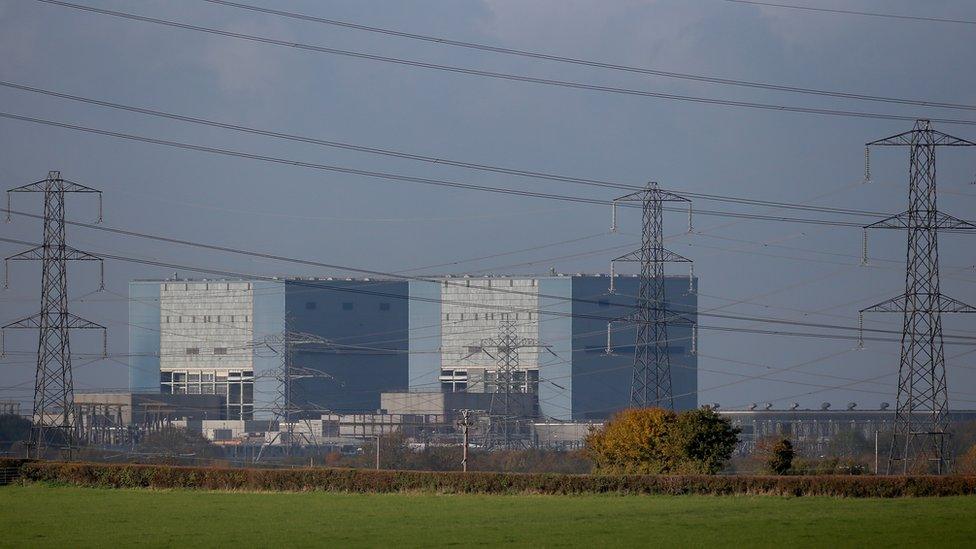
Hinkley Point in Somerset already houses two power stations
Phil Adams, economic development manager at Sedgemoor District Council, said EDF's decision would have an immediate "ripple effect" on the local economy.
He said: "It will be a catalytic project and new investment will come in pretty quickly.
"Many of these big contracts are sitting there just waiting to be signed.
"At present Somerset's largest employment sectors are health and manufacturing, with the production of food and drink and tourism not far behind, but the construction phase will change all that.
"The potential of Hinkley C has been felt for a while and local businesses have been expanding their services and increasing their staff numbers in expectation of this decision for many months."
EDF has been working with the Somerset Chamber of Commerce to prepare firms in the area for work on the plant.
The energy firm has held numerous meetings with hundreds of small firms, explaining what work is available, and what they need to do to win it.
The result is a unique database of 3,200 firms who have been declared "fit for nuclear".
Nobody is guaranteed work, but when EDF's main contractors are looking for specialist sub-contractors, they have been told to look first at this list.
It covers the full range, from high tech engineers, steel fabricators, groundworks, right through to small carpenters, electricians and even taxi drivers and hairdressers.
At the chamber, Chris Langdon has spent the past five years creating the supply chain database.
He hopes that, as well as creating jobs in the county during the construction, Hinkley will improve skills in engineering and construction.
He said: "The skill level will lift. The careers that will come out of this for young people at school today is a massive legacy for the project and for the local economy."

Analysis by Dave Harvey, BBC Points West's business correspondent
"Europe's largest building site will inevitably mean lots of work for local bricklayers, carpenters, electricians and digger drivers.
But to build a new power station, EDF must first build a small town.
For 10 years, this quiet west Somerset coastal community will be host to 5,000 builders and engineers.
They will be hungry and thirsty, they will order taxis and haircuts. They will go to the cinema, go surfing, go fishing.
Every corner of the Somerset economy will be changed by this £18bn project, but the real prize is the legacy.
Somerset's leaders want to use Hinkley to transform the skills of their young people.
Schools and colleges have been trying to inspire students to go into engineering, manufacturing, construction.
As a beautiful corner of rural England hosts the world's largest privately funded nuclear build, some want Hinkley C to cause as little disruption as possible.
But Somerset's business leaders want the experience to change Somerset forever.

EDF has promised to spend at least £100m a year in the local economy.
As well as food and transport, Somerset is hoping to use the massive building project to boost its high tech manufacturing.
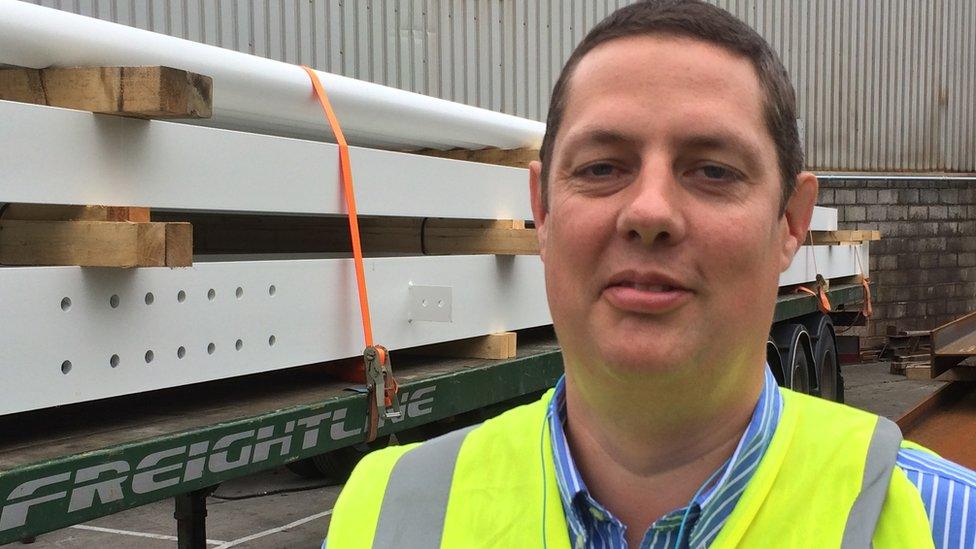
Will Haley hopes his steel firm will benefit from Hinkley
A group of five family-owned steel firms have come together to offer bespoke steel construction, such as the huge beams that will support the main reactor hall itself.
Will Haley employs 150 people at a steel factory near Brent Knoll, in north Somerset. They already supply big construction firms, but he hopes Hinkley will boost the company's fortunes.
He said: "It will take a bit of time, but over the next five to six years we plan to grow the business as Hinkley takes off, maybe by the end of it we will have doubled in size.
"Somerset is a really strong place for steel, surprising though that may be."
The hope is that as many as possible of the 5,600 jobs can be filled by people in the West Country. But Professor John Glasson, a consultant for EDF Energy, says just 2,000 are likely to come from within a 90-minute commute of Hinkley, mainly due to the skill set employers will require.
"However, while some of the jobs will obviously be highly specialised, there will be much construction and engineering work at the nuclear reactor and there will be a variety of administrative, security and catering jobs available," said Prof Glasson, who is from the Institute of Sustainable Development at Oxford Brookes University.
He said: "This will have a very significant impact for the economy as, besides direct employment, people working in the area will spend their income locally."
EDF will also create 1,000 apprenticeships as well as an education programme which has been rolled out across the region's schools to inspire pupils to consider a career in the industry.
In the past some business groups had raised concerns that not enough local firms would benefit from the development.
But David Hall, deputy leader and cabinet member for economic development at Somerset County Council, said: "In a way the delays have actually helped us to prepare for what is to come and put us in a better position to guard against business being sub-contracted outside the area."
Previously residents from Cannington and Stogursey have voiced concerns over traffic and noise from the construction site and they have been awaiting the decision with some trepidation.
Many believe the resulting traffic congestion during construction could cost the Bridgwater economy £47m with the influx of workers straining the local infrastructure to breaking point.
- Published27 July 2016
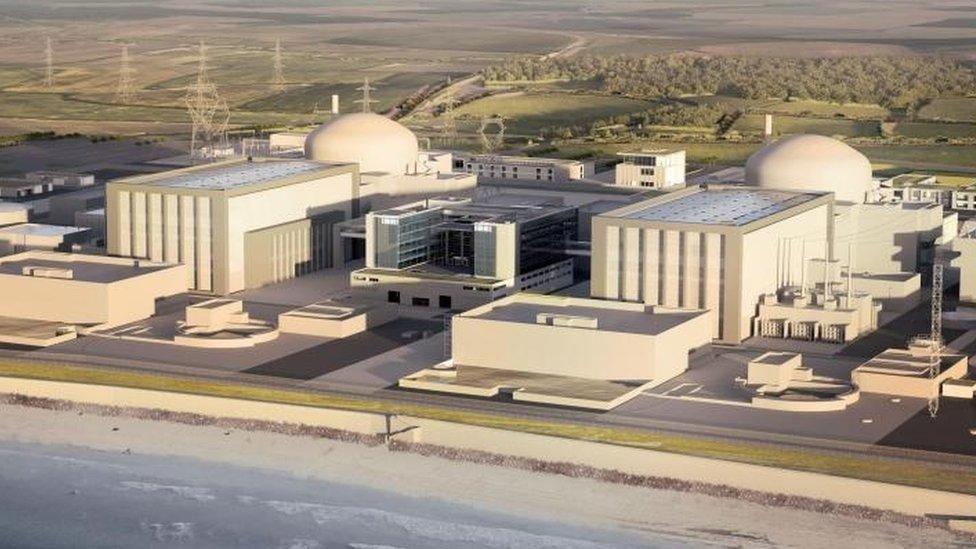
- Published22 July 2016
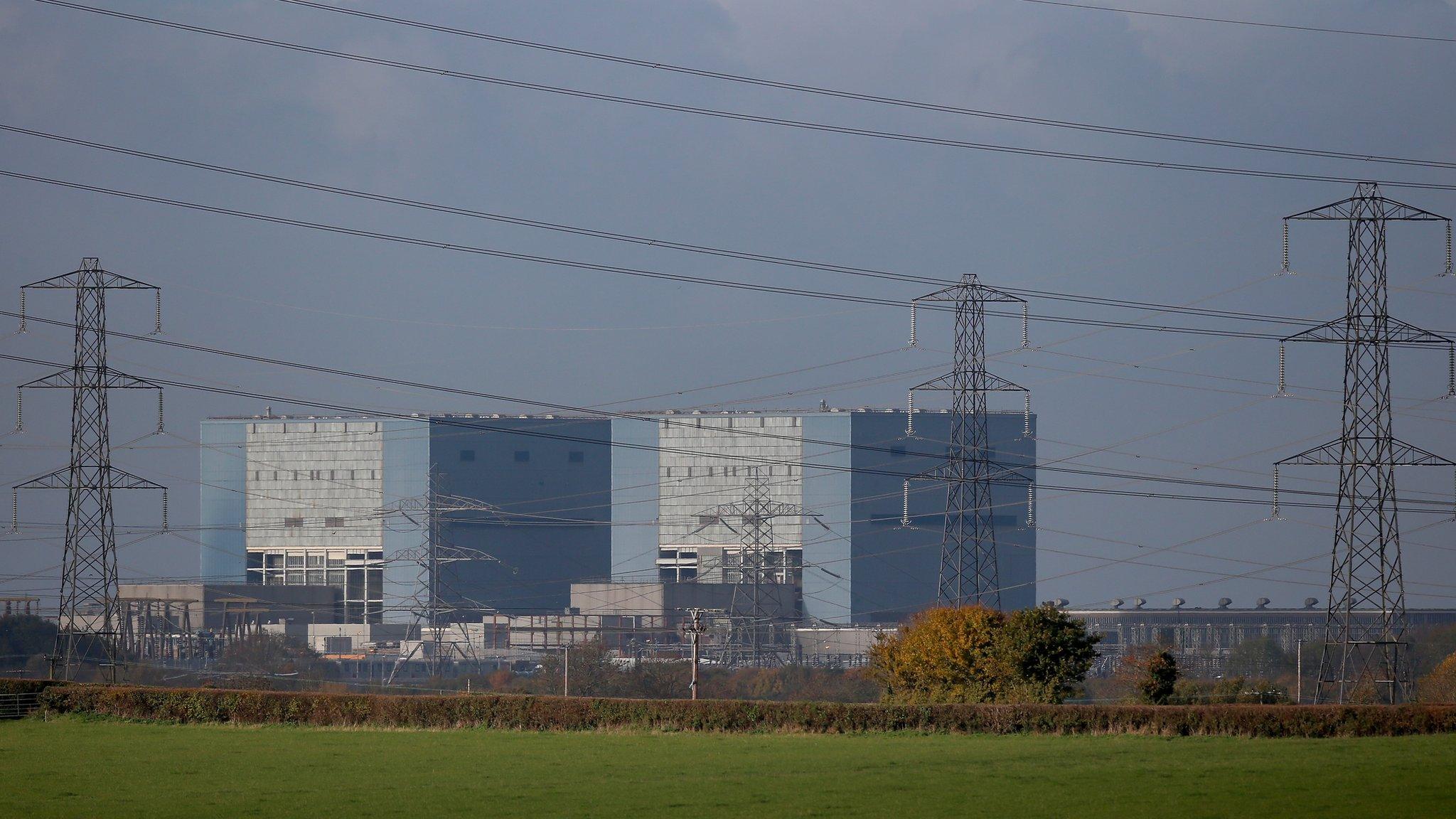
- Published14 July 2016
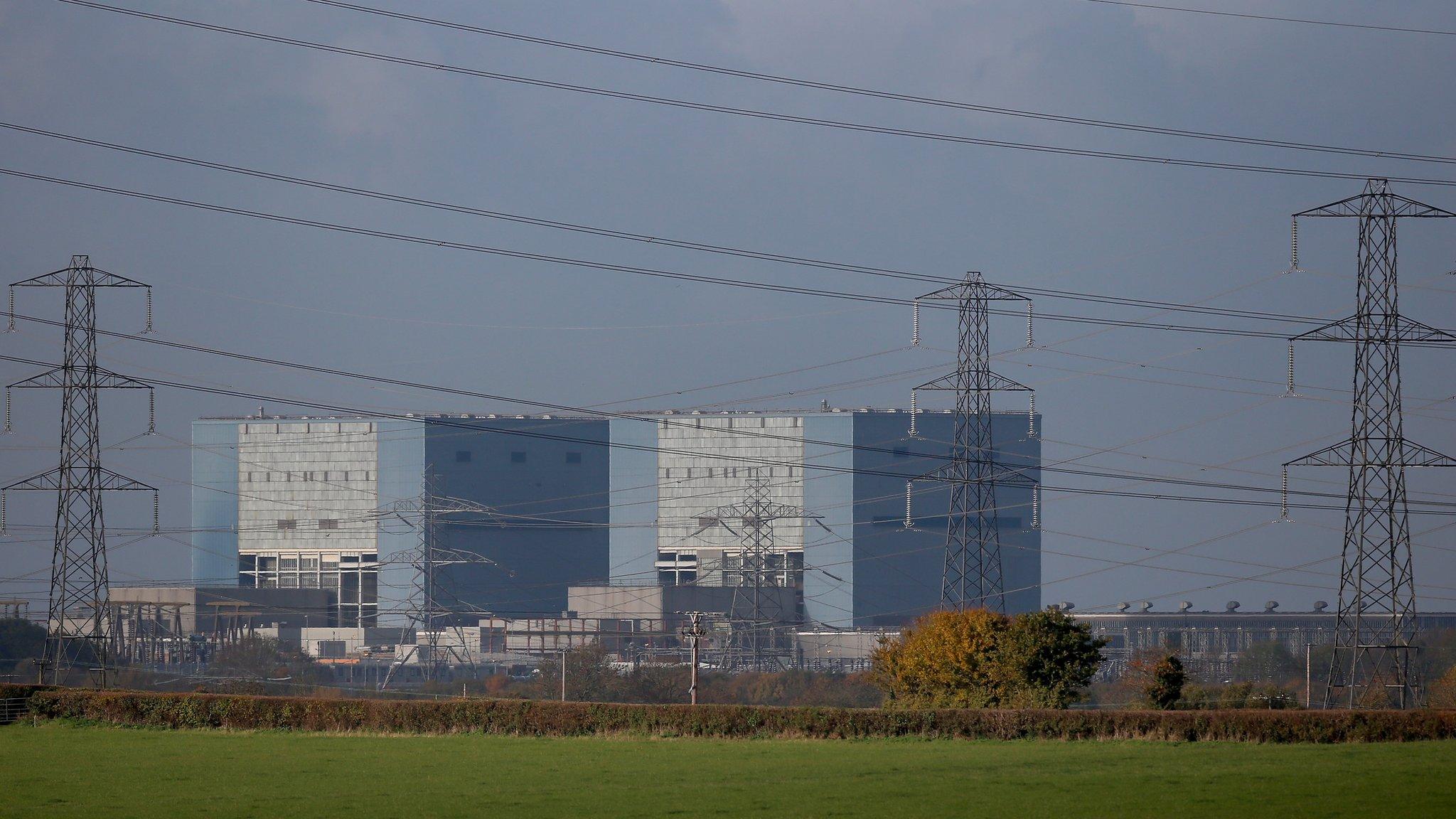
- Published27 May 2016
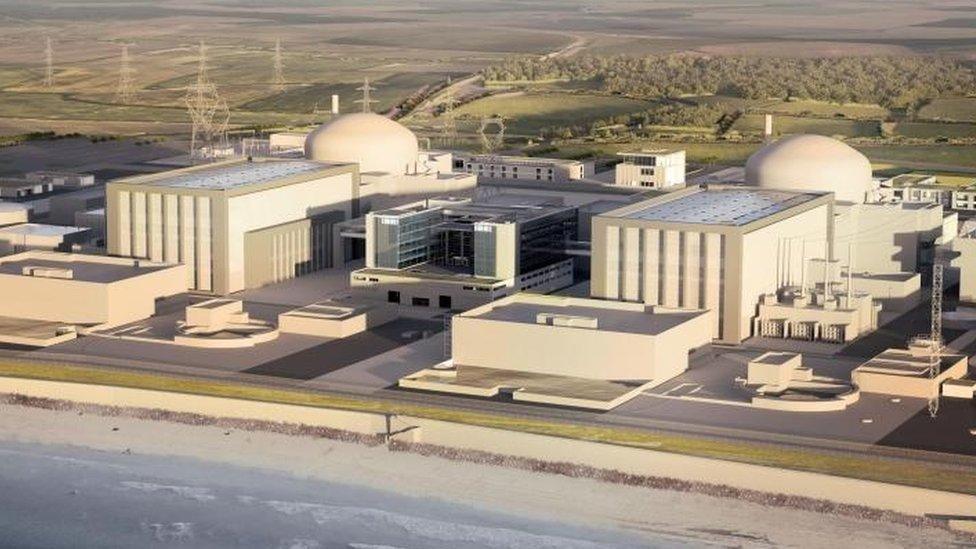
- Published24 April 2016

- Published17 April 2016

- Published22 March 2016

- Published18 March 2013
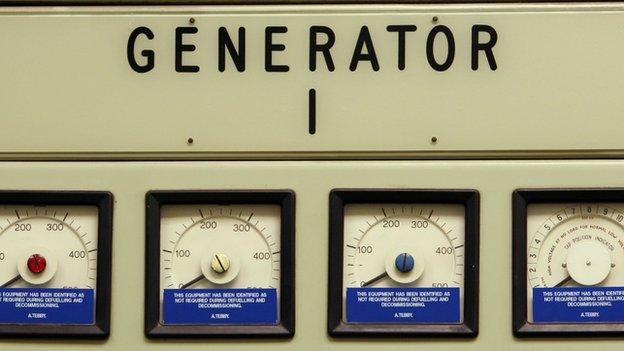
- Published19 March 2013
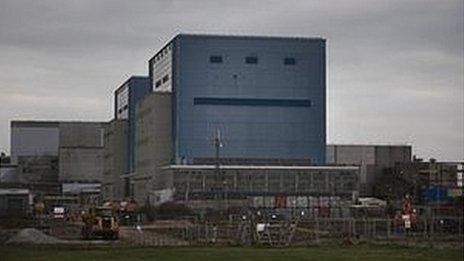
- Published19 March 2013
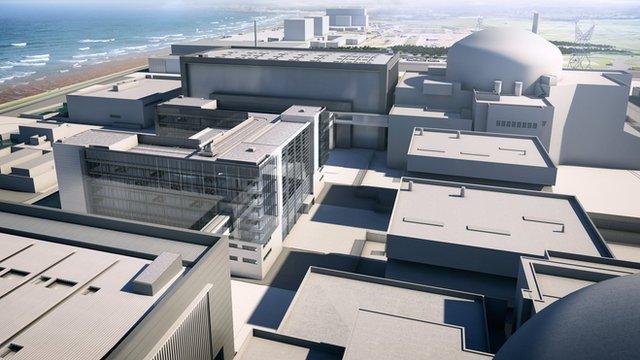
- Published16 May 2012
